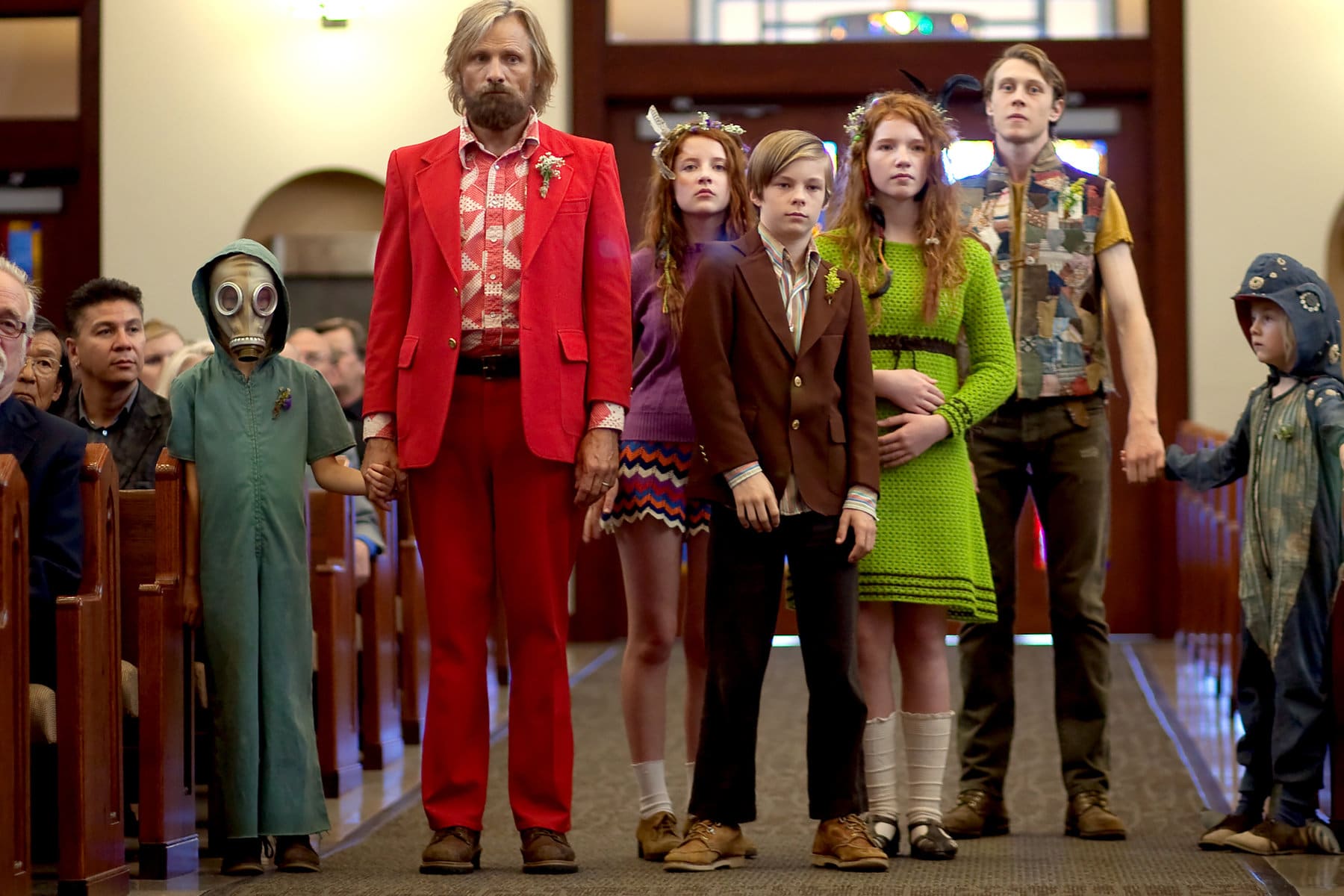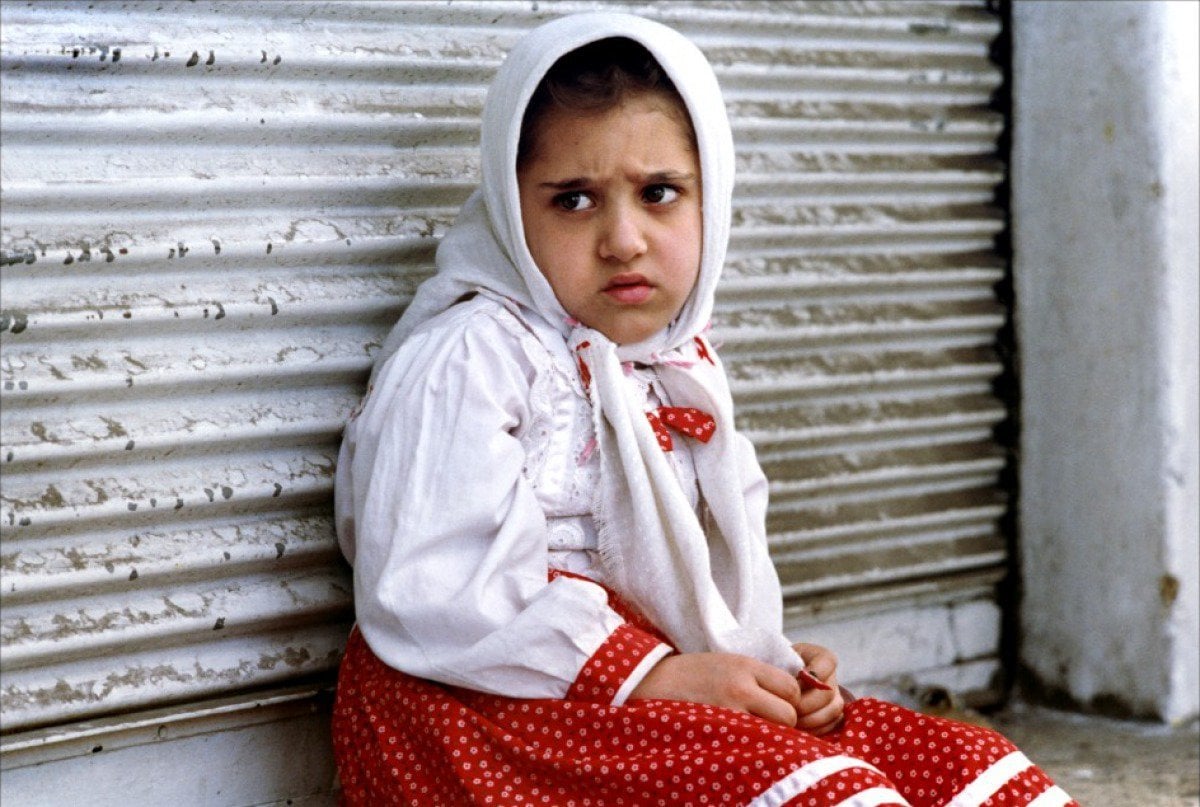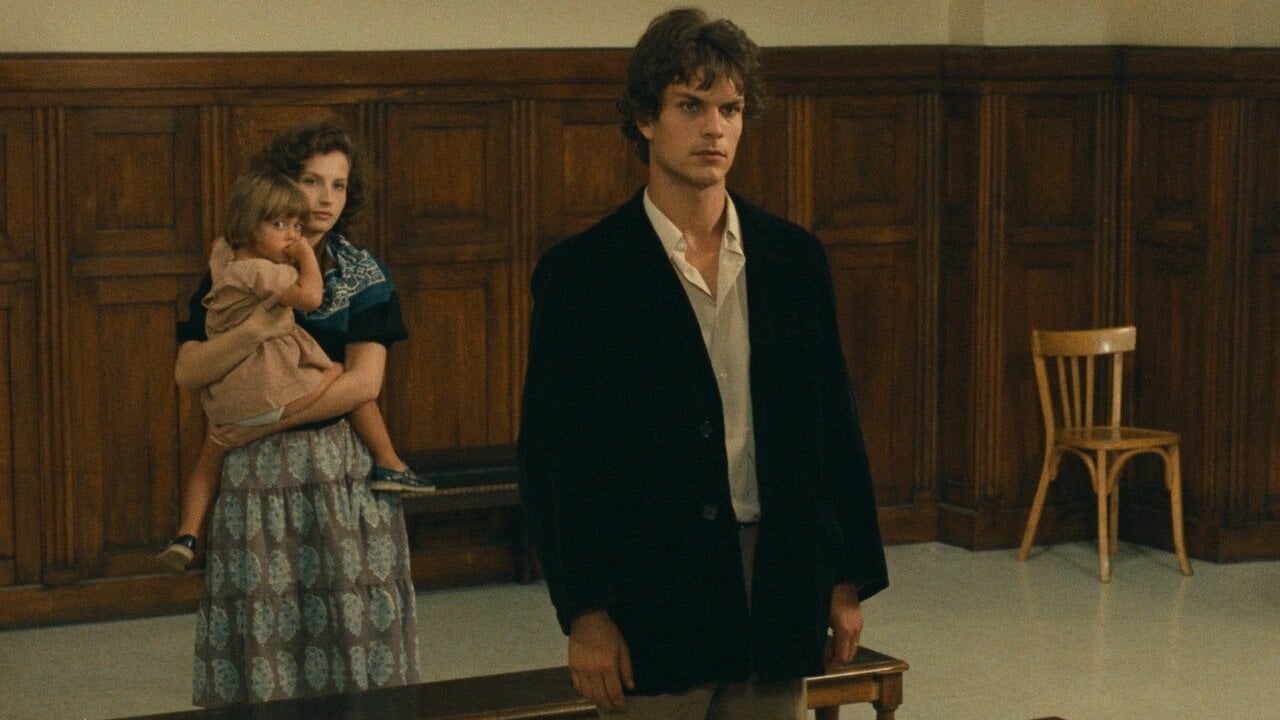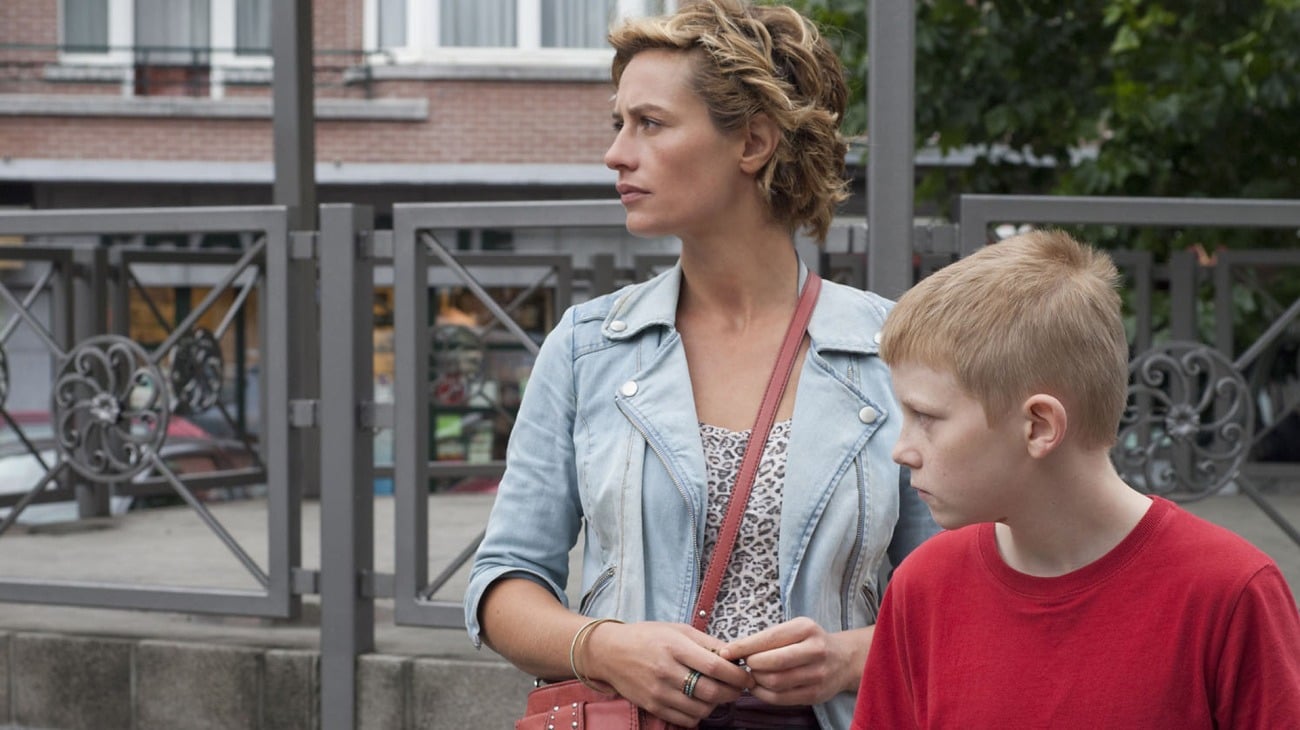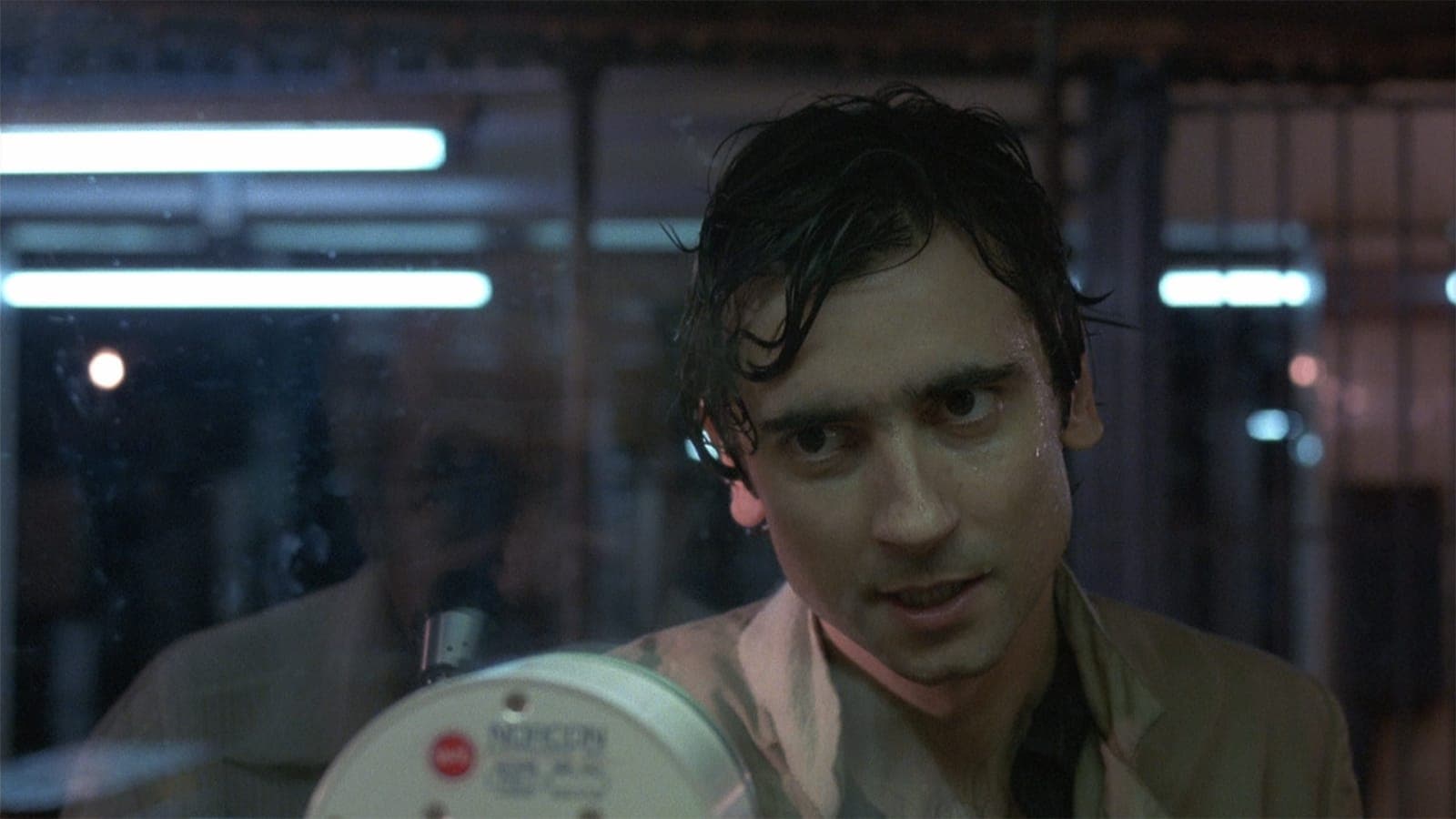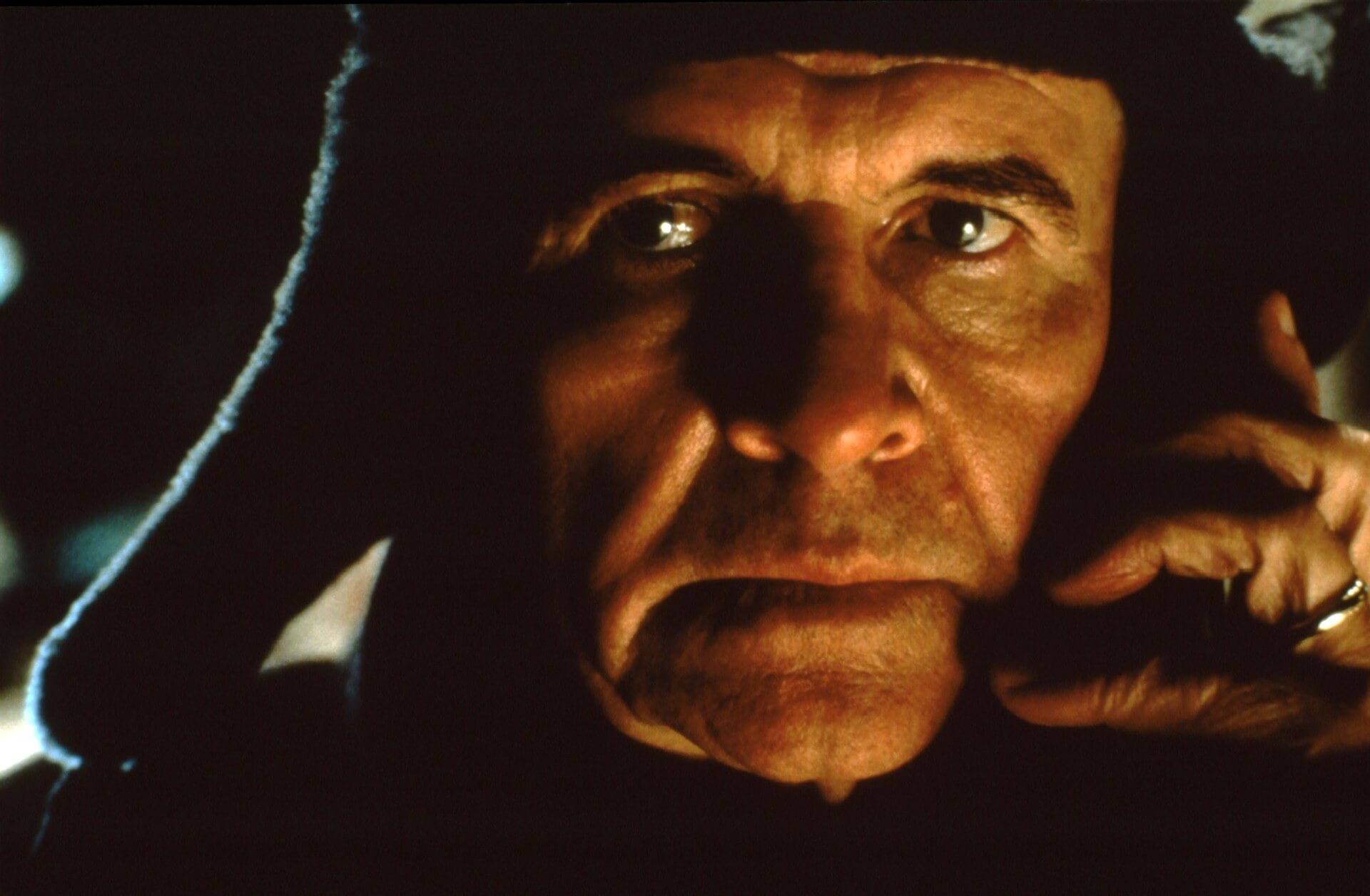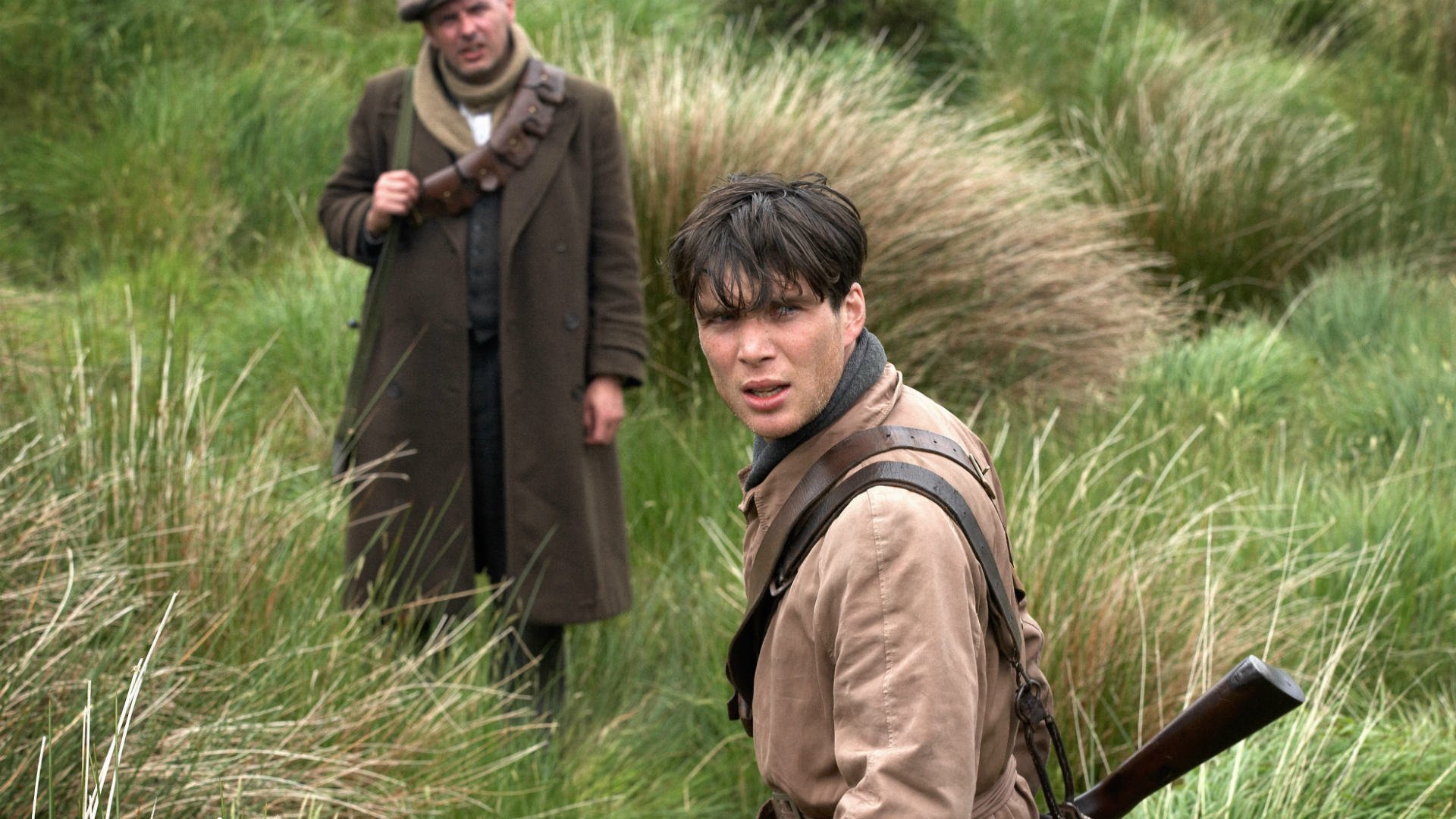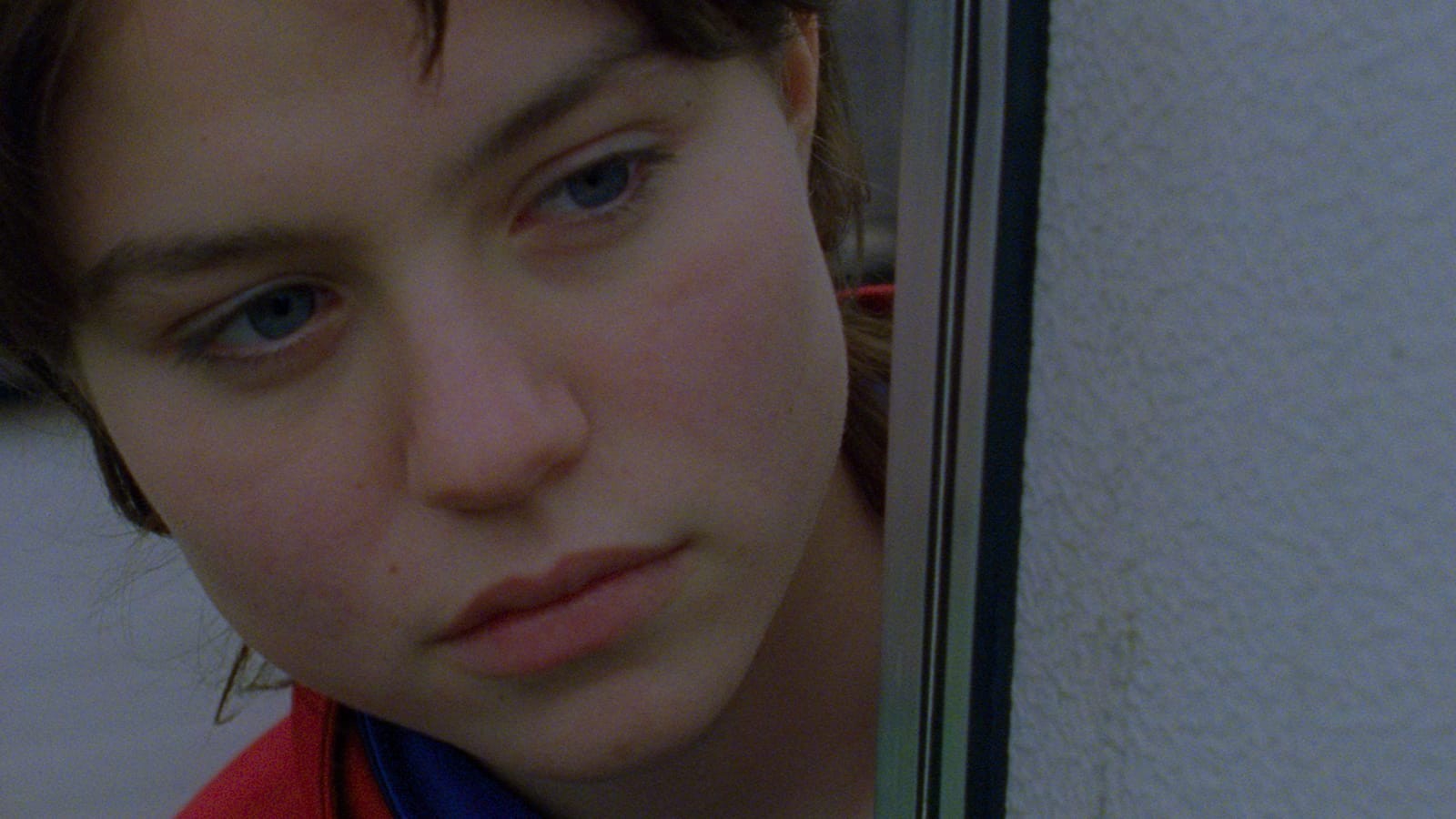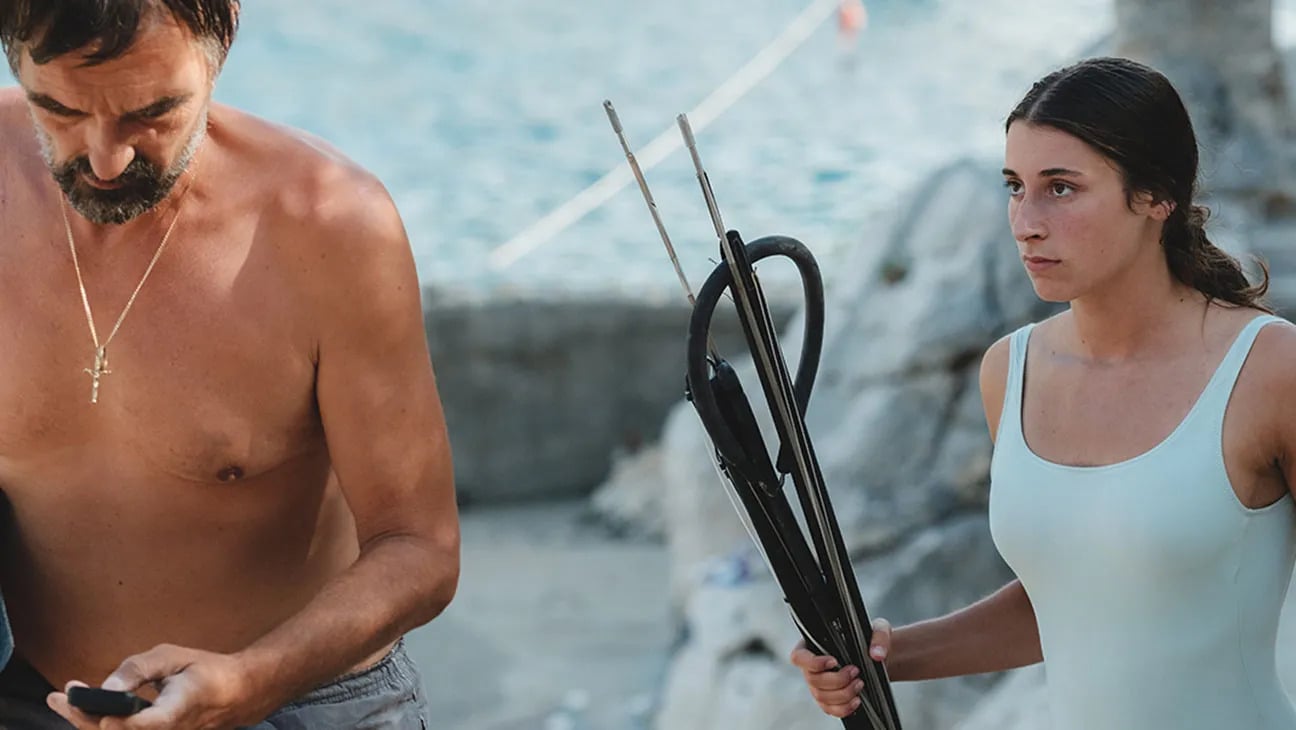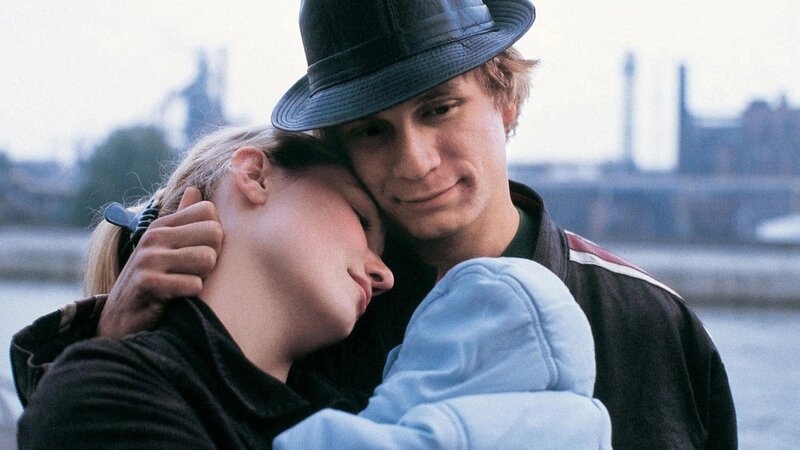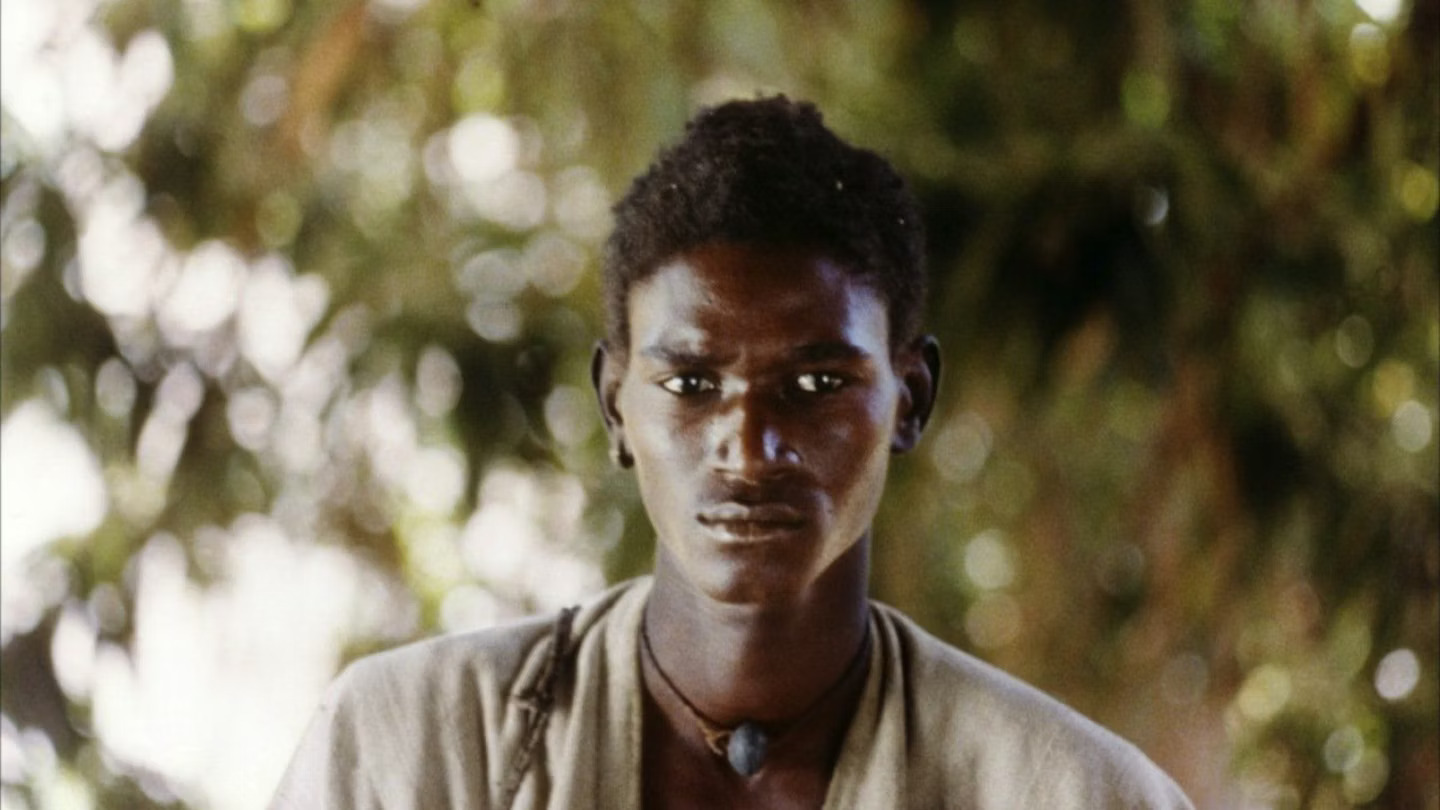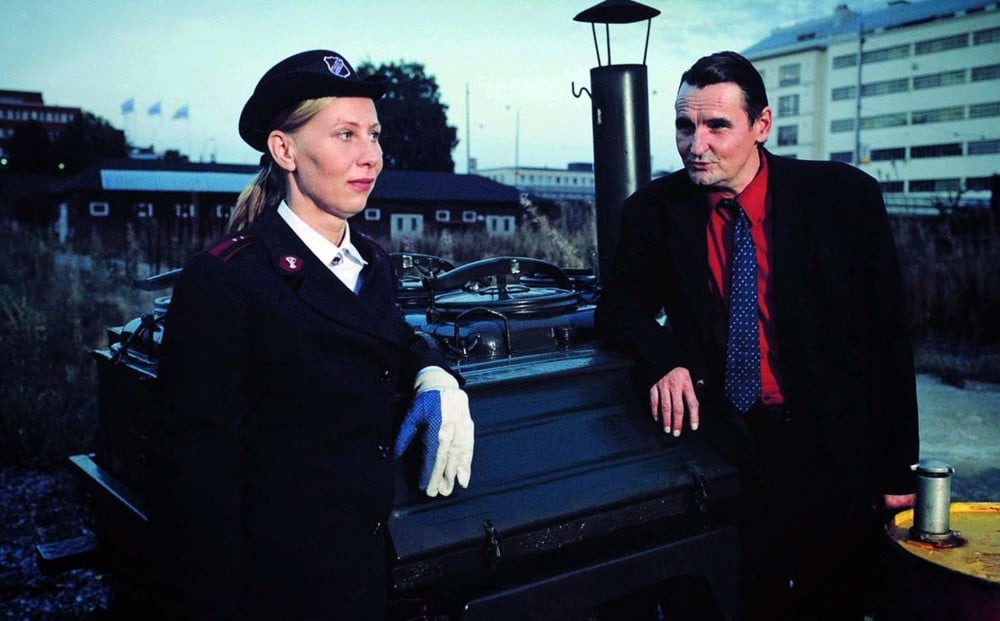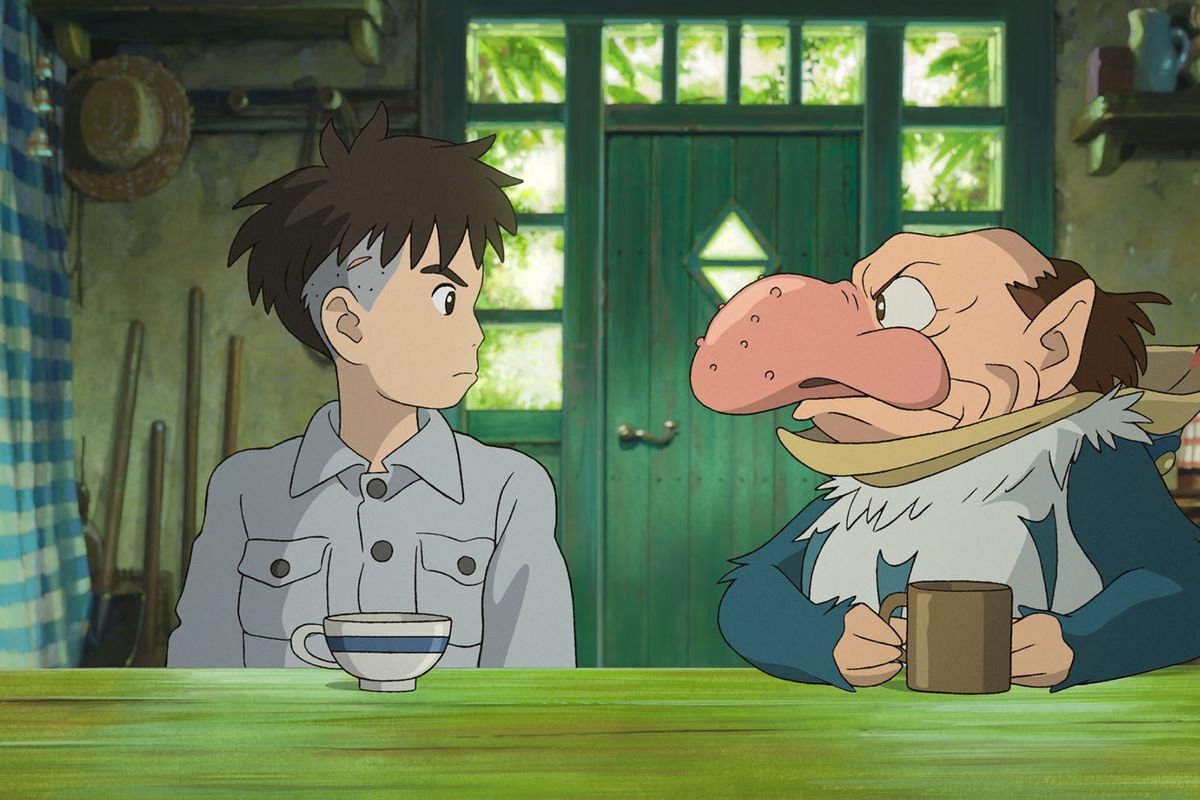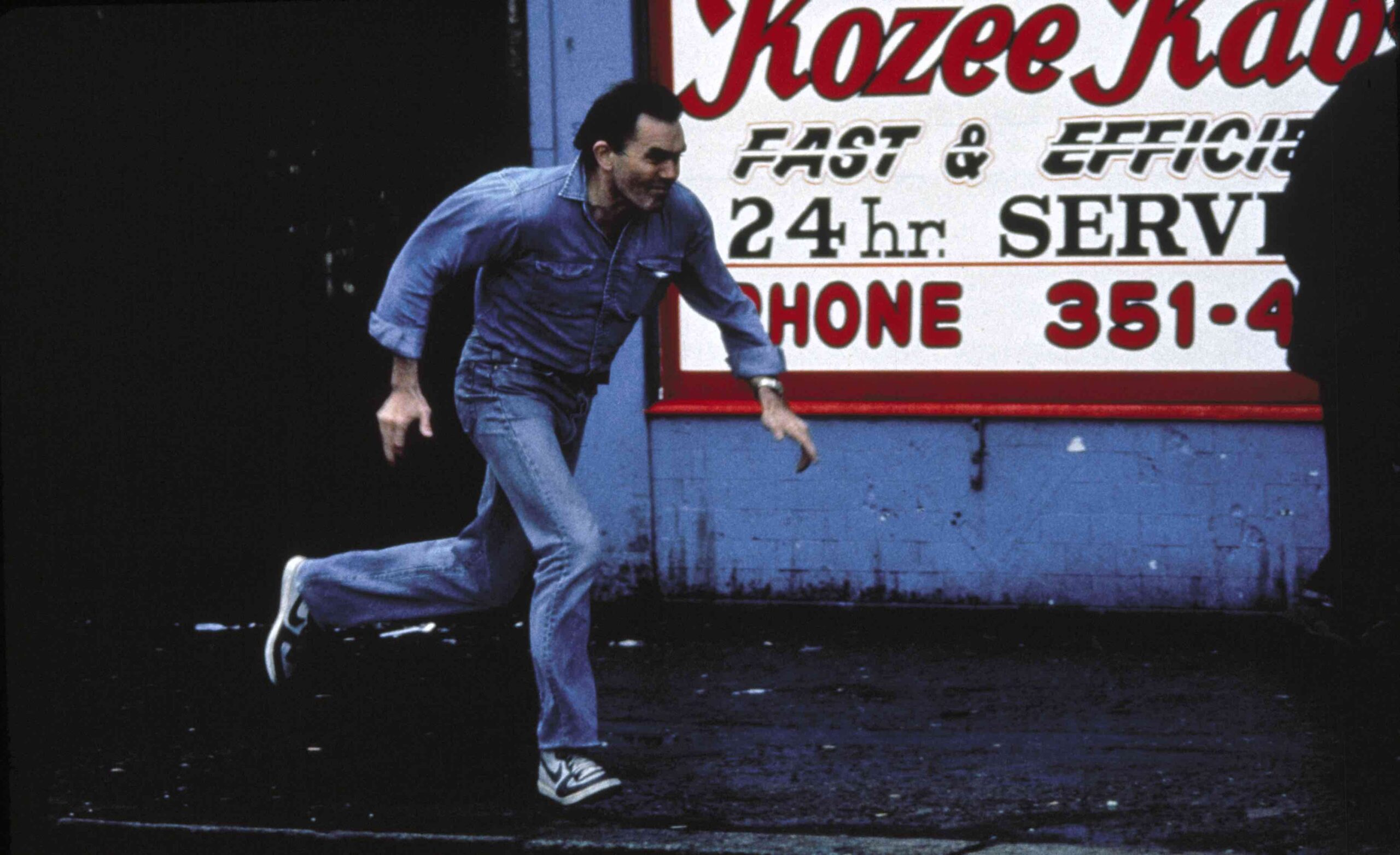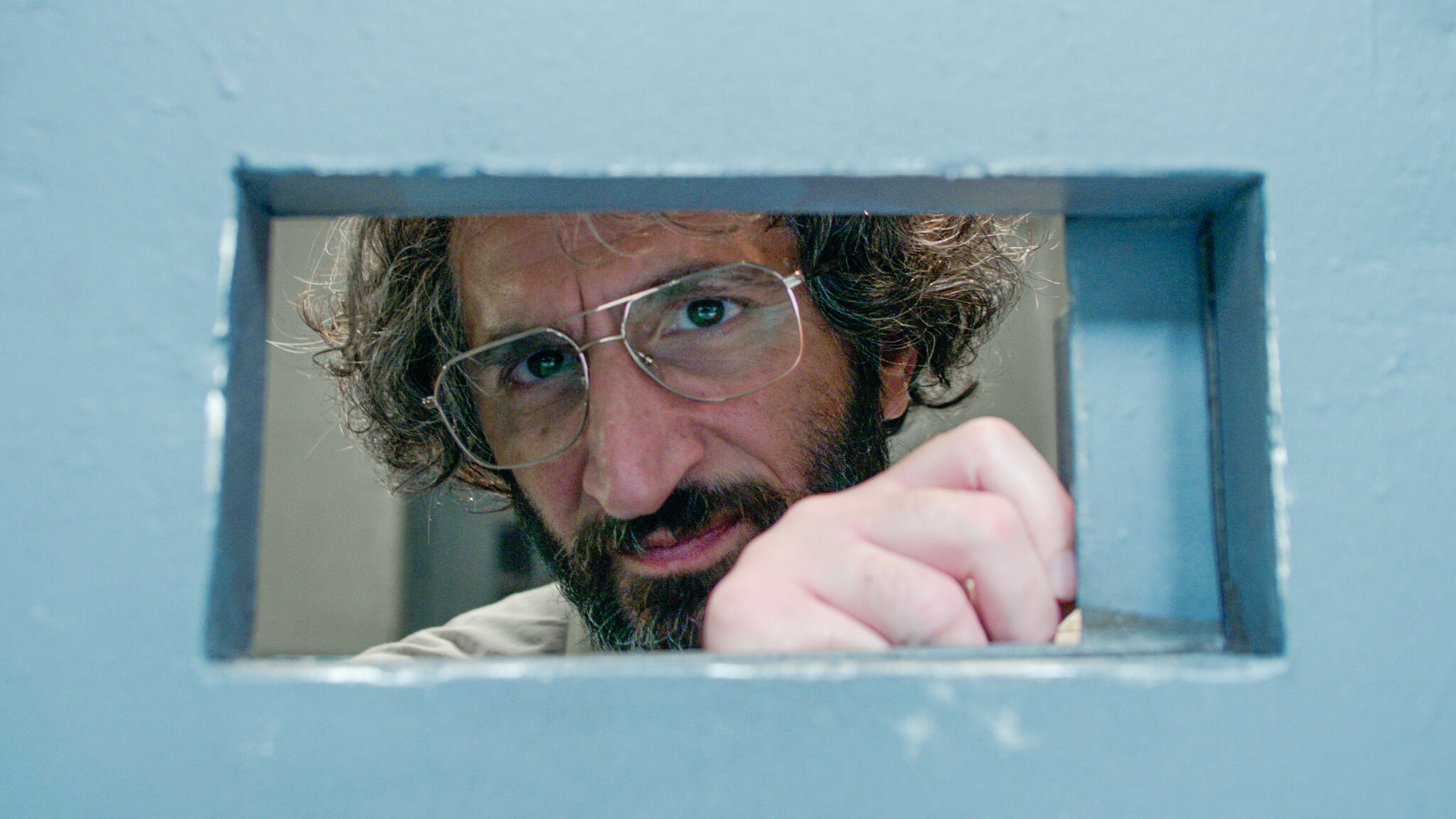Former activists Ben Cash (Viggo Mortensen) and his wife Leslie drop out from modern consumerist society to raise their six children in the wilderness of the Pacific Northwest. They teach them how to raise and kill their own food, to survive in nature through boot-camp-like workouts, and homeschool them in literature, music, and left-wing philosophy. Instead of Christmas, they celebrate Noam Chomsky's birthday. Then, one day, this unusual family life is shaken by a phone call and they are forced to leave their life of adventure to reintegrate into American life.
Directed by Matt Ross, who also brought you Good Night, and Good Luck, the film offers a poignant look at alternative living, the effects of modern technology, and the nature of good parenting. Viggo Mortensen is indeed fantastic as the grizzled father and was rightly nominated for a Golden Globe and the Academy Award for Best Actor. George MacKay and the entire cast of “children” also deliver terrific performances. As emotionally raw and thought-provoking as it is funny, Captain Fantastic will have the viewer decide if Ben Cash is the best father in the world or the worst.
Genre: Adventure, Comedy, Drama
Actor: Alan Humphrey, Ann Dowd, Annalise Basso, Charlie Shotwell, Elena Stecca, Elijah Stevenson, Erin Moriarty, Frank Langella, George MacKay, Greg Crooks, Hafid Abdelmoula, Hannah Horton, Kathryn Hahn, Matt Ross, Mike Miller, Missi Pyle, Nicholas Hamilton, Rex Young, Richard Beal, Samantha Isler, Shree Crooks, Steve Zahn, Teddy Van Ee, Trin Miller, Viggo Mortensen
Director: Matt Ross

